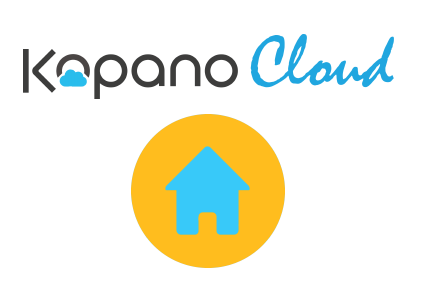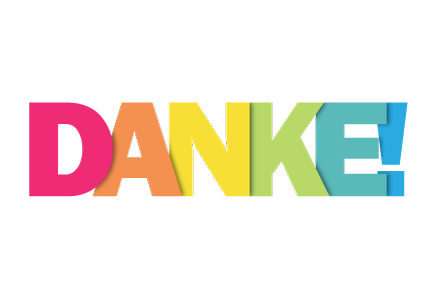People are somehow strange in their striving for independence. Just don’t tie yourself too tightly to something that could restrict your freedom. The independent and individual human being as a role model of the zeitgeist. They pride themselves on recognising dependencies and avoiding them – even in the digital sphere. In a corporate context, it sounds like this: “We are now moving all our software to open source, proprietary US providers are simply no longer an option for us, they don’t suit us. We want to offer our employees maximum digital sovereignty.” The software manufacturer’s heart leaps joyfully into the air. Unfortunately, the joy lasts only for a short time, namely until the moment when the possible customer asks in horror: “Oh, so you don’t offer complete solutions from one source?
The daily dose of comfort
It’s understandable. You work for years with the office software of a single provider – writing, calculating, presenting and emailing – and give little thought to the fact that a dependency in so many processes could be problematic. One’s own comfort is perfectly served and now one wants to change and is supposed to give up this comfort. That is not nice.
Choosing combinations that suit us
Perhaps it is necessary to be quite clear for once: If you want to switch to open source software, you also have to change thought patterns. In almost all areas of consumption, we put together components or products from a wide variety of manufacturers in a way that best suits us individually – be it clothing, food, furniture, hardware or even holidays. Everything is modular, we choose the combination that suits us. Of course, we also have the option of a “flat rate”, an “all-in”, a “full service” or a “with us you get everything from one source”. And sometimes such offers make sense for very different reasons.
Continuing dependencies?!
However, the basic software of a company that is supposed to ensure the operative business is not an all-inclusive holiday that is over after 3 weeks. If one wants to reduce the dependency on providers by switching to open source, it makes little sense to expect the open source solution to function according to the same pattern as the proprietary solution. This would continue the same dependency – only open source.
The power of digital sovereignty, and thus also of open source software, lies in its modularity, variety and diversity. Not one solution for everything, but a wide variety of applications that can be combined – depending on requirements, depending on personal preferences.
Modular models support digital sovereignty
Digital sovereignty is explicitly promoted by modular models because components can be exchanged. One’s own independence increases with the degree of choice. For now, this may still be unfamiliar and perhaps stressful for people outside the open source context, because it means leaving the cosy sofa. In the long run, however, they benefit, because modularity not only serves to improve and further develop, but can also create disruptive innovations.
Doubled dependency
Its not that proprietary applications don’t improve and evolve, but I don’t have the choice to swap one component for another. That means the dependency is not only in the basic vendor lock-in, but also in the application structure itself. However, having a choice – of any kind – is the key to success in times of rapid change and high complexity, as it makes my business more adaptable, dynamic and resilient.
Independence means breaking free – also and especially from old ways of thinking.



